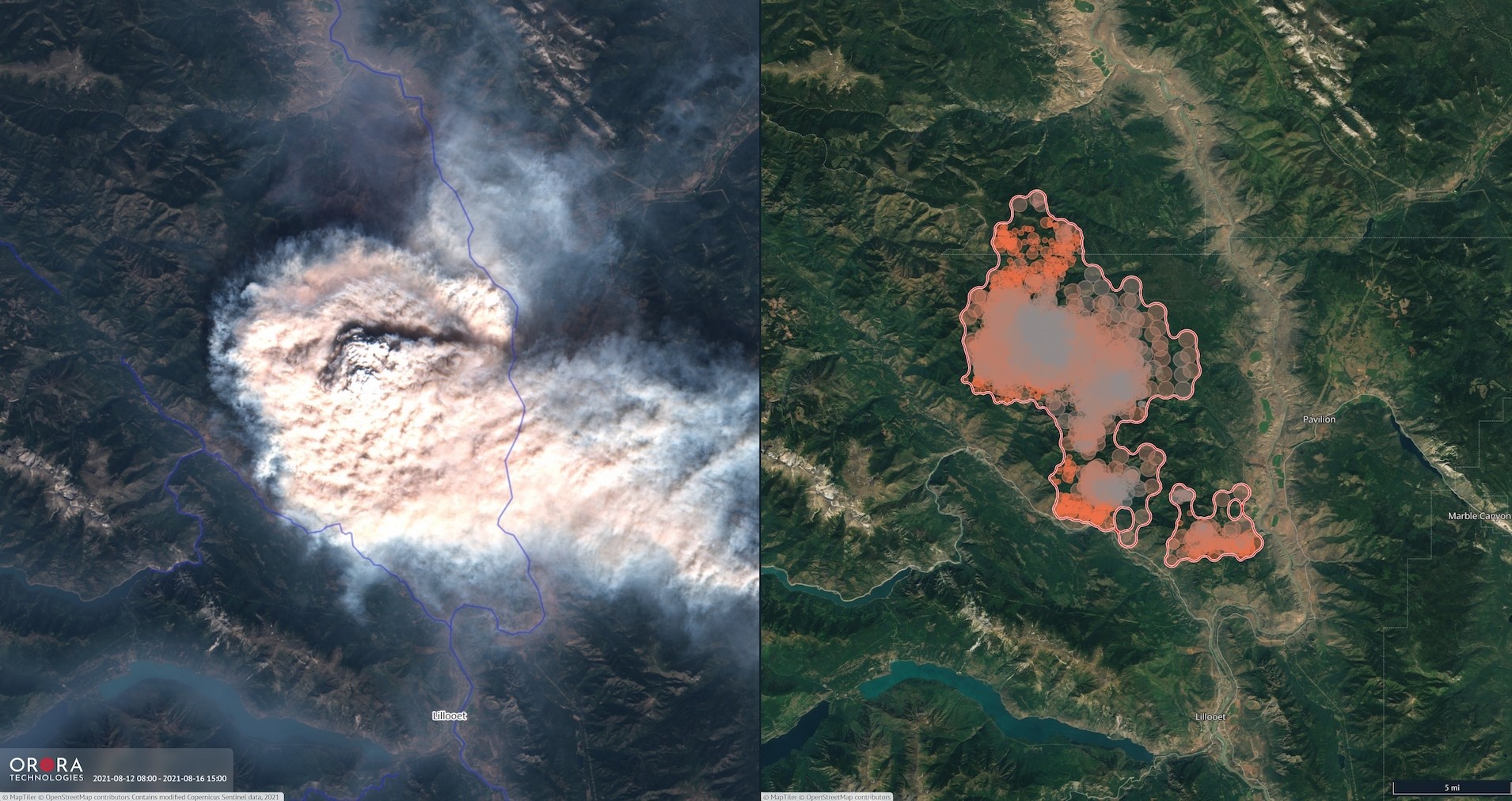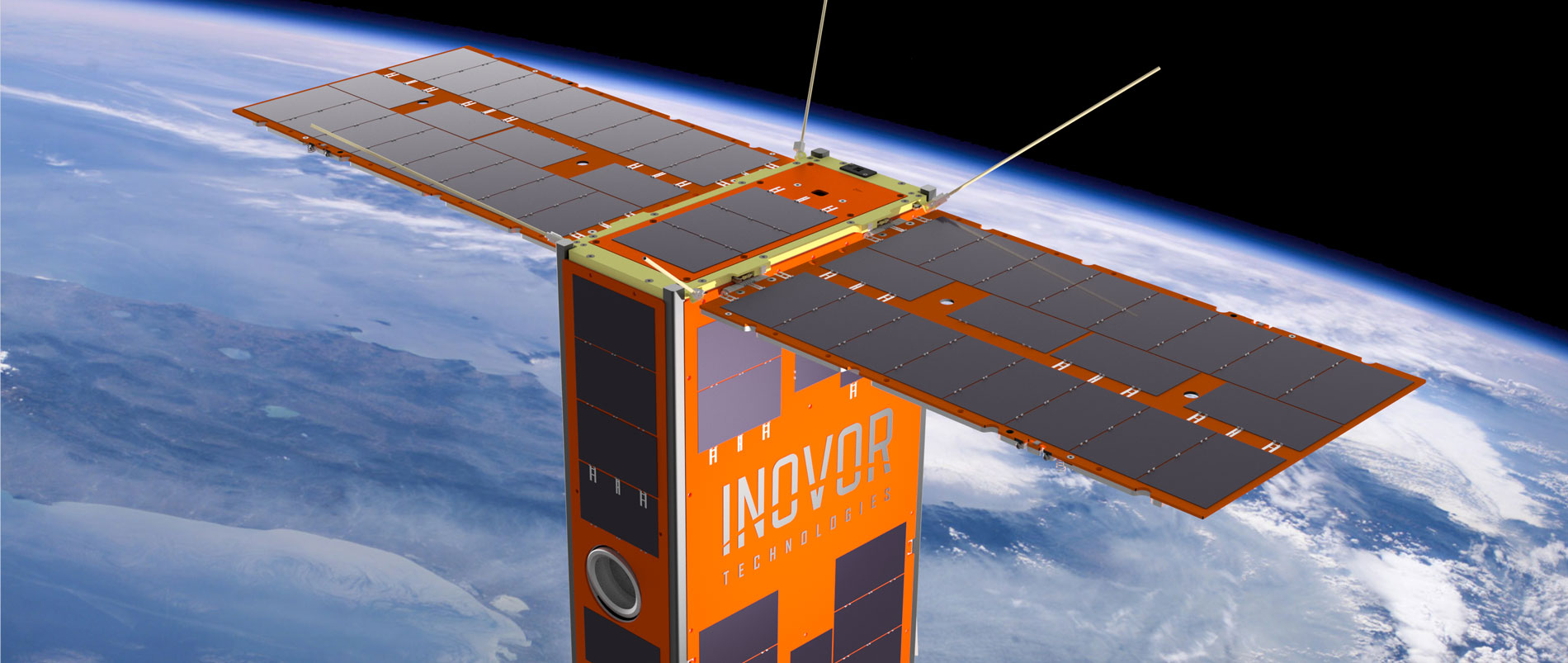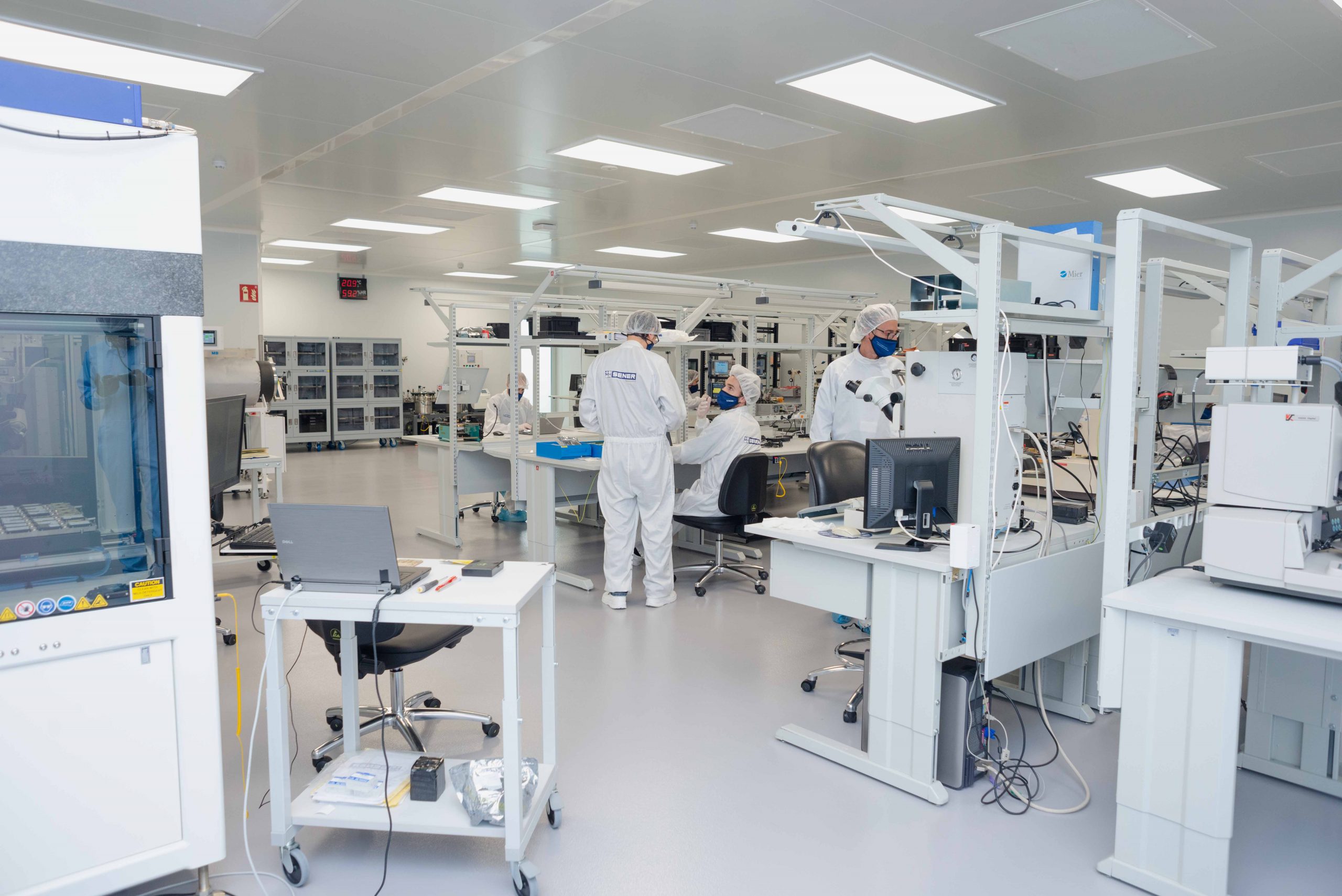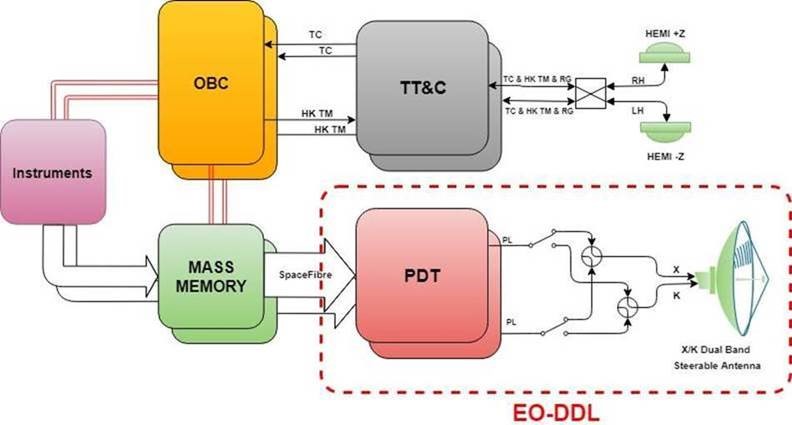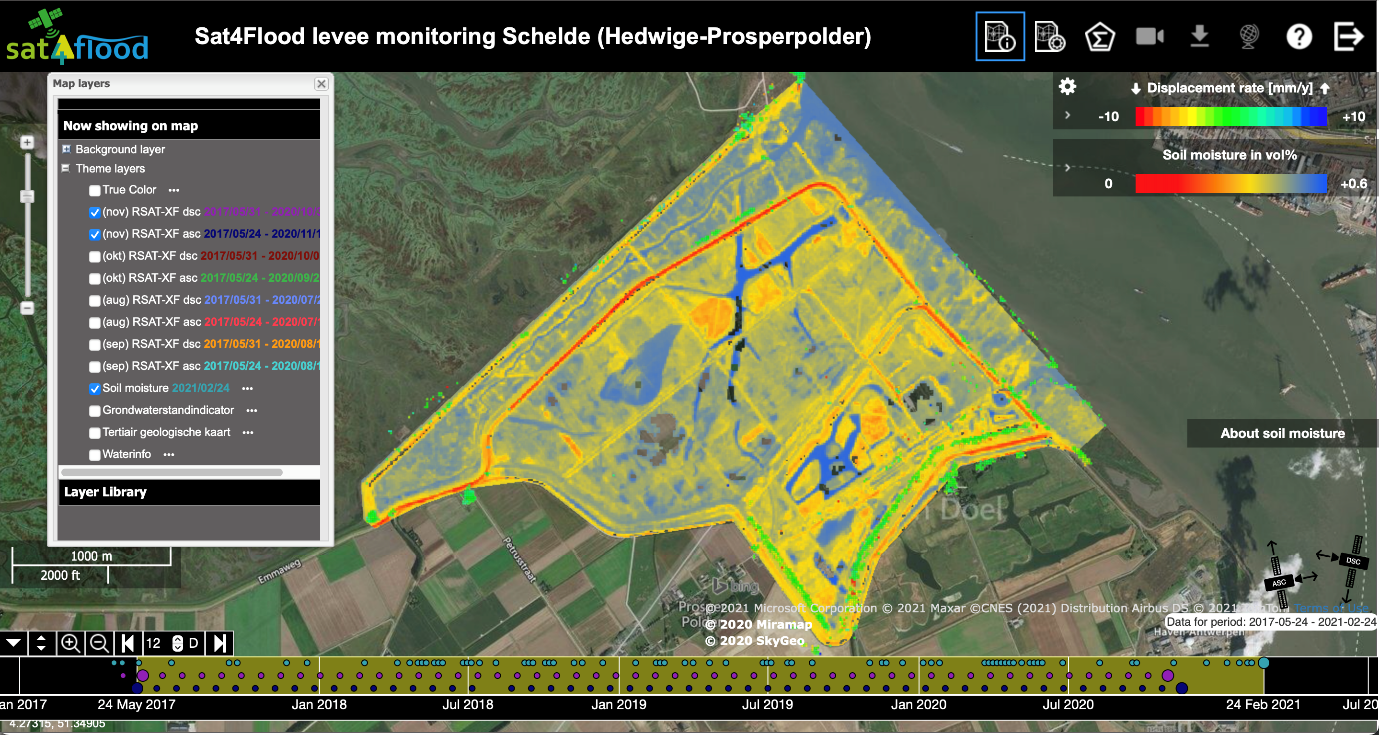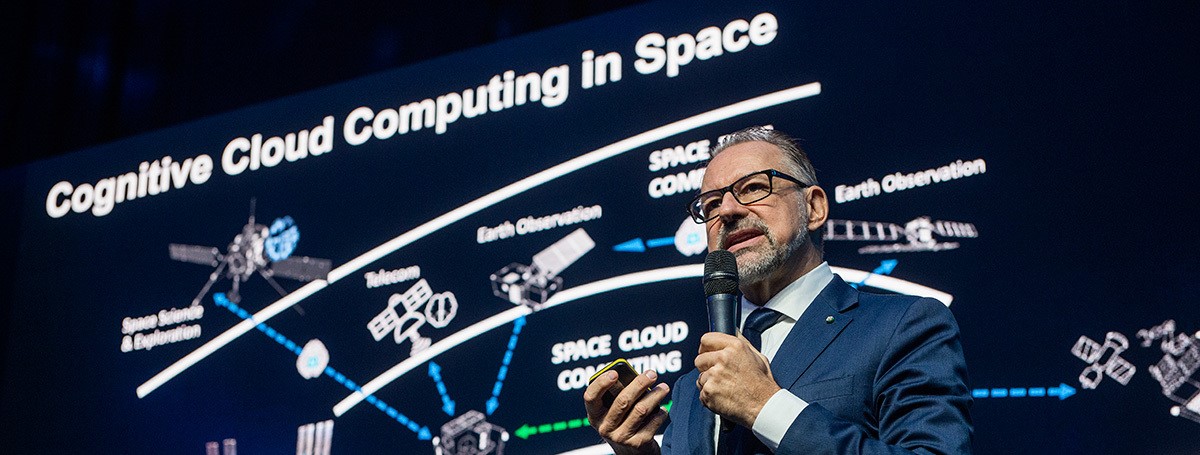German start-up OroraTech has hit the ground running in 2022, with the launch in January of not only its first CubeSat but also an InCubed co-funded activity to begin developing its successor platform and payload. The satellites’ dedicated remote-sensing capabilities will enable the Munich-based company to enhance its established wildfire detection and monitoring services.
Wildfires continue to be a growing risk for many of the world’s crucial yet delicate forestry systems. 2019 saw record levels of damage in South Australia’s bush fires, and the recent Marshall Fire in Colorado destroyed over a thousand homes and cost the state more than $1 billion.
The ability to predict, detect and monitor the presence of wildfires clearly has enormous advantages for authorities, citizens and the environment, with consequent benefits in preparedness, response times and damage limitation. Founded in 2018, OroraTech already has a number of global customers for its wildfire service, including SOPFEU Quebec, Australia’s Forestry Corporation NSW and Arauco in Chile. The service draws on sensor data from a variety of existing satellites to provide intelligence for protecting forests and nearby assets.
In a first move towards vertical integration, OroraTech has recently launched a Thermal Infrared (TIR) imager on a Spire 6U CubeSat. The findings from this first launch will feed into the company’s next initiative, the InCubed co-funded development of a customised CubeSat with TIR and optical imaging instruments and onboard Artificial Intelligence (AI) computation. “With current SSO [Sun Synchronous Orbit] satellites, there is a data gap in the peak burn time from 15:00 to 18:00 and a general delay until the information is available on the ground,” explains OroraTech CTO Martin Langer. “We need our own TIR imaging resources and on-orbit processing to close that gap and reduce the delay from hours to minutes.”
The InCubed-supported activity forms part of a longer term relationship between OroraTech and ESA. The company was originally aided by ESA BIC Bavaria, and was then able to advance the wildfire services product through ESA Kick-Start. Michael Nyenhuis of the German Space Agency at DLR underlines the significance of institutional support for this and other local start-ups: “OroraTech is a leading example of Southern Germany’s pedigree in seeding space entrepreneurship. From its beginnings at the Technical University of Munich, the company has enjoyed considerable growth through both private and public investment, and numbers among ESA BIC Bavaria’s hundreds of alumni. We are very happy that OroraTech has now garnered funding from InCubed to support the commercialisation of its globally important services to the forestry ecosystem.”
The initiative has kicked off with a de-risking phase to evaluate requirements and develop a CubeSat-compatible payload. The team will also study the trade-offs between a 3U and 6U platform size. For ESA Technical Officer Roger Walker, the possibility of filling a current hole in data availability has significant implications: “OroraTech’s expansion into upstream data acquisition will undoubtedly elevate the performance of the wildfire service for the benefit of its growing customer base. Additionally, there is the potential to capture thermal imaging data in the afternoon gap for improved detection of other climate-change parameters such as gas flaring on oil rigs, and it’s particularly encouraging that OroraTech is already considering broadening its services in this way.”
To know more: OroraTech, CubeSat, ESA BIC Bavaria
